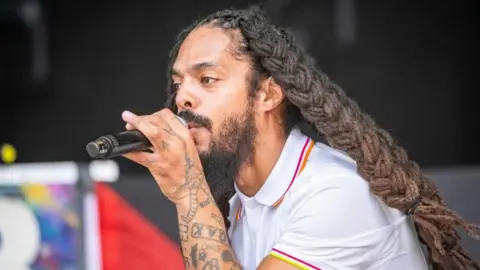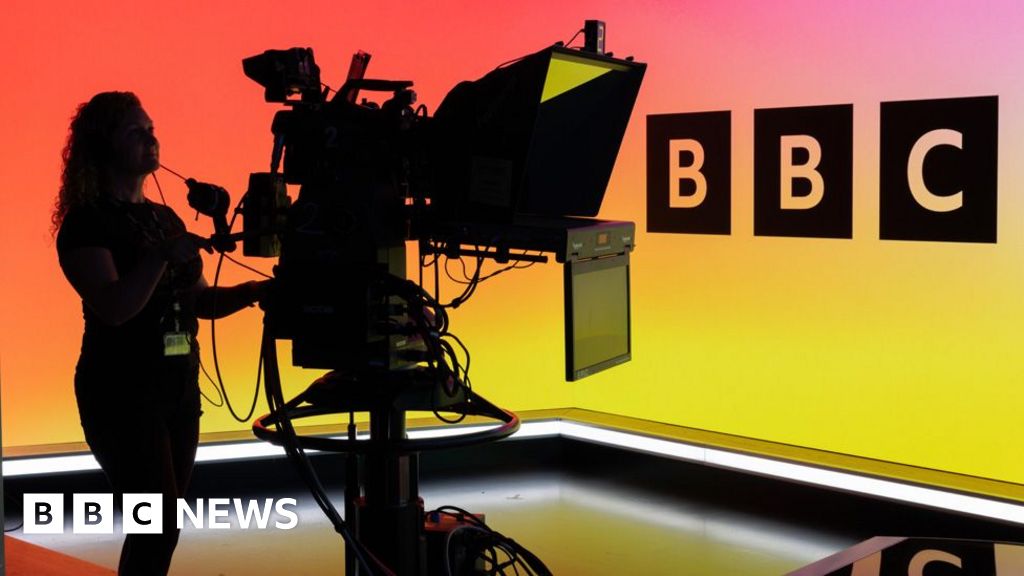BBC chief Tim Davie says no-one is irreplaceable after scandals
Noor NanjiCulture reporter
BBC director general Tim Davie has said he is “not letting anything lie” when it comes to rooting out abuses of power within the corporation.
“If you’re not living the values, it is clear you leave the BBC or there are consequences,” he told MPs on Tuesday, adding that no one was “irreplaceable”.
Davie is facing questions from the Culture, Media and Sport Committee on a number of scandals.
One of the topics discussed was the MasterChef crisis, after both of its presenters – Gregg Wallace and John Torode – were sacked following a report which upheld allegations against them.
During the hearing, Davie discussed some of the changes that have been made to how abuses of power are dealt with following a recent review into the BBC’s workplace culture.
“There are consequences, we are not mucking around now,” he said.
He insisted the report had shown that the BBC does not have “a toxic culture”.
But he also said there were “pockets where things were not right”.
Davie would not comment on whether there were currently further scandals about workplace behaviour and abuses of power brewing.
He also said he couldn’t guarantee there would never be someone else abusing their power.
“Because culture is ongoing,” he said. But he added that he thought “we’re at a moment in society where we’re calling it out”.
Davie added that the “vast majority” of chefs on MasterChef wanted its latest series to air.
It comes after two of the participants were edited out following the allegations against Wallace and Torode.
“I think it was on judgment the right thing to do, but I understand that you could see both sides of the argument very clearly,” Davie said.
 PA Media
PA MediaMPs also asked the BBC chief about the corporation’s coverage of Glastonbury.
The BBC has faced strong criticism for a live broadcast of Bob Vylan’s performance at the festival, during which the band’s singer led crowds in chants of “death, death to the IDF [Israel Defence Forces]” and made other derogatory comments.
Davie said that what had happened was “deeply disturbing”, adding: “The BBC made a very significant mistake broadcasting that.”
He added that he had done the “right thing” at the time, by pulling it off the iPlayer.
Davie said an internal disciplinary process was ongoing into what had happened. When asked why that process hadn’t concluded yet, he said it “[takes] time, you need to do it properly”.
He added: “These are well intentioned people who made a mistake, so I need to be proportionate.”
Davie also said the measures which have since been put in place would “categorically prevent what happened”, adding: “If something is a high-risk act, we’d now put it on delay.”


